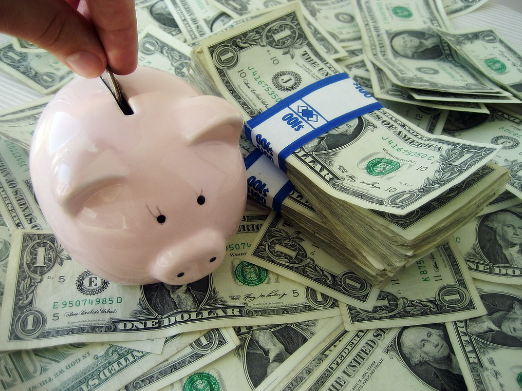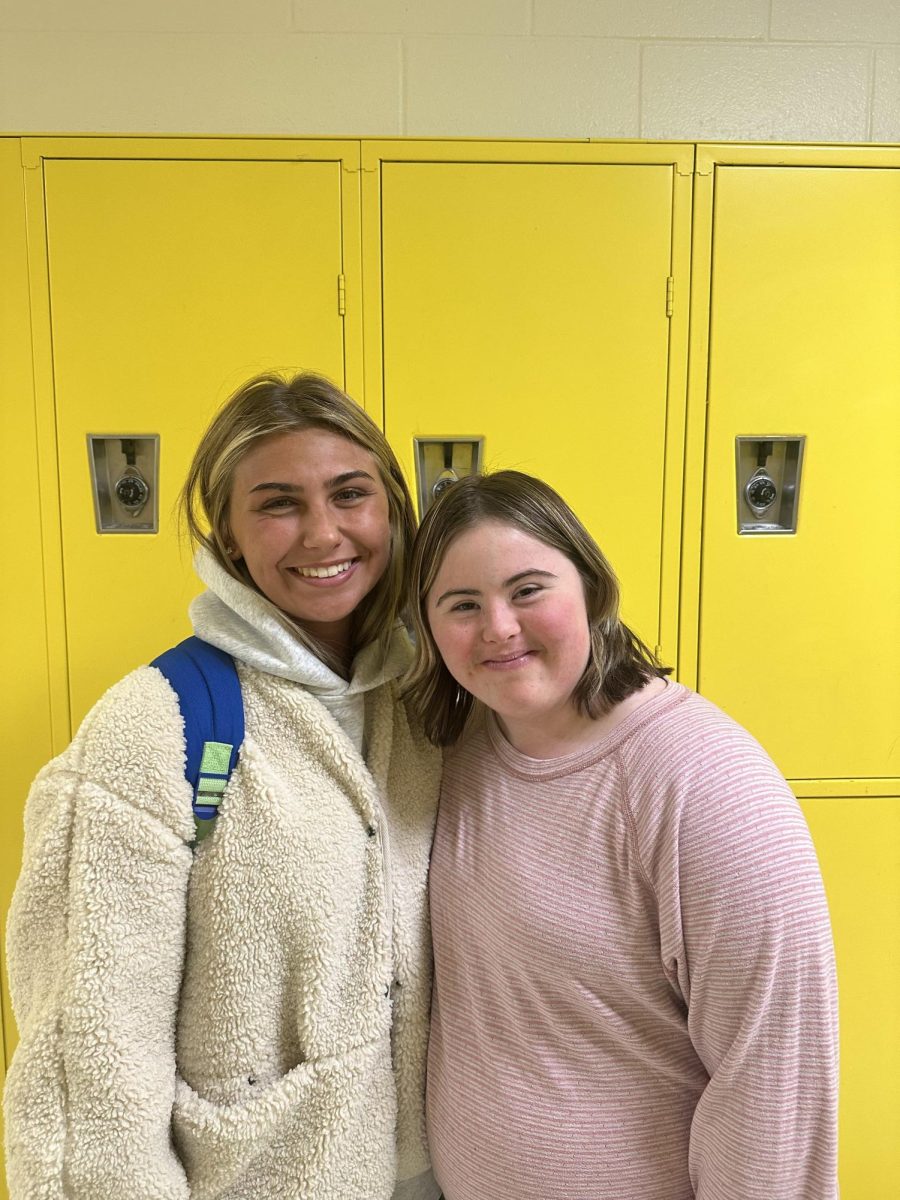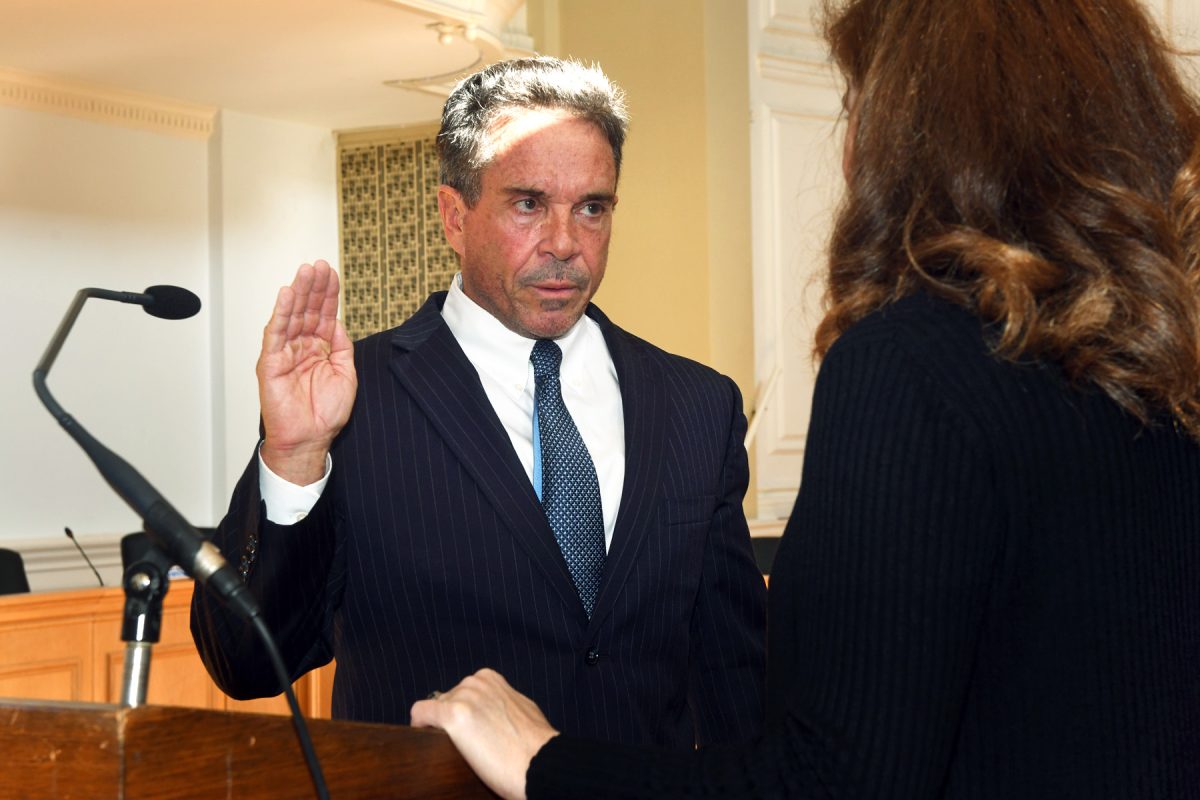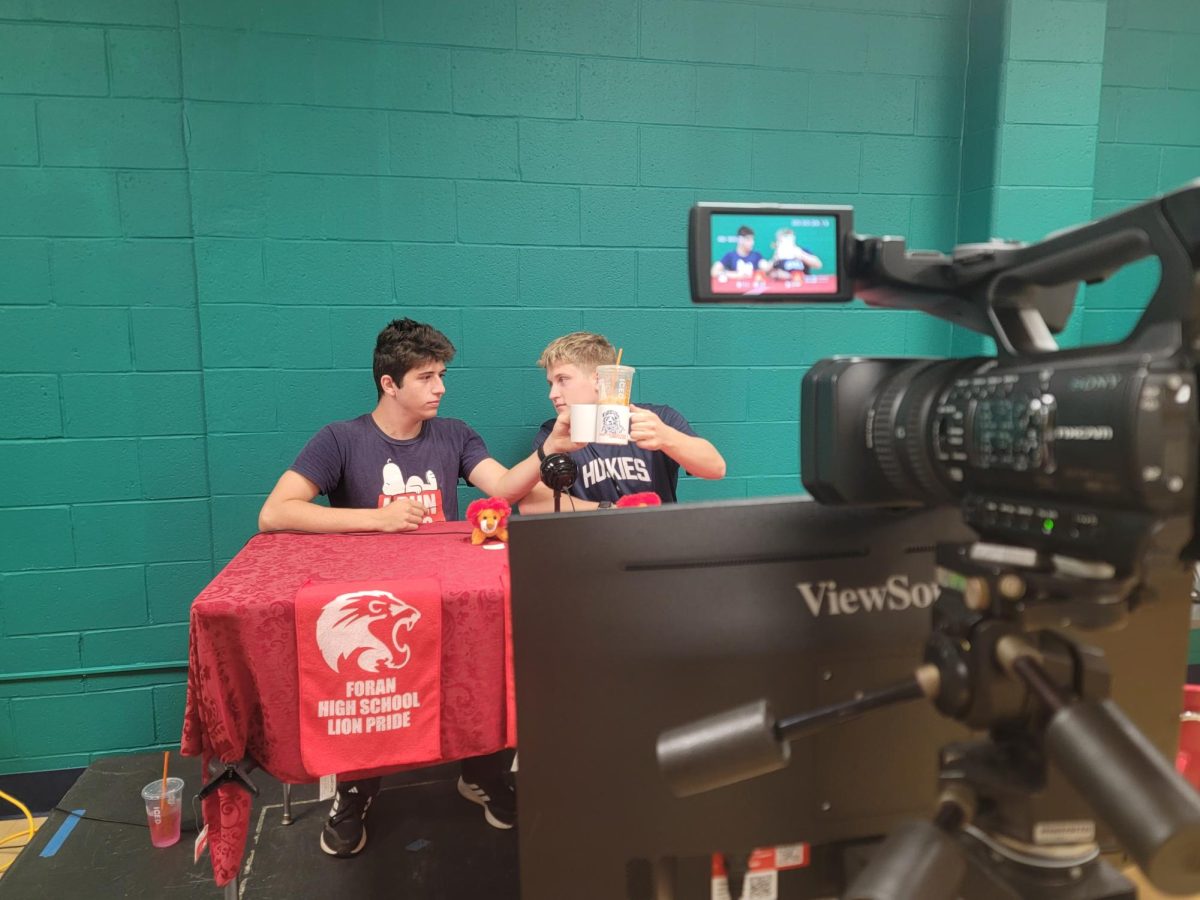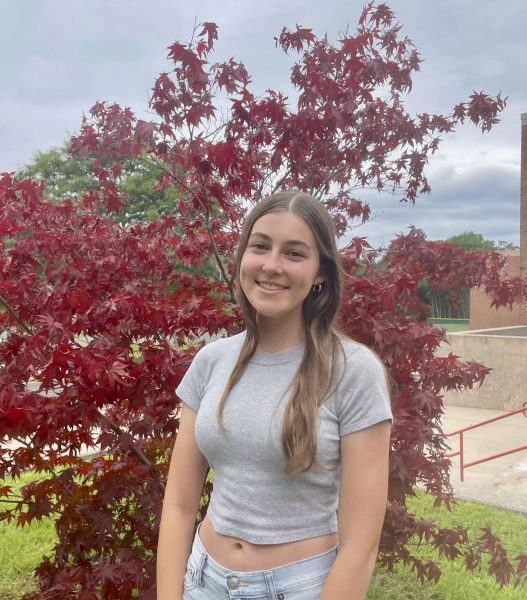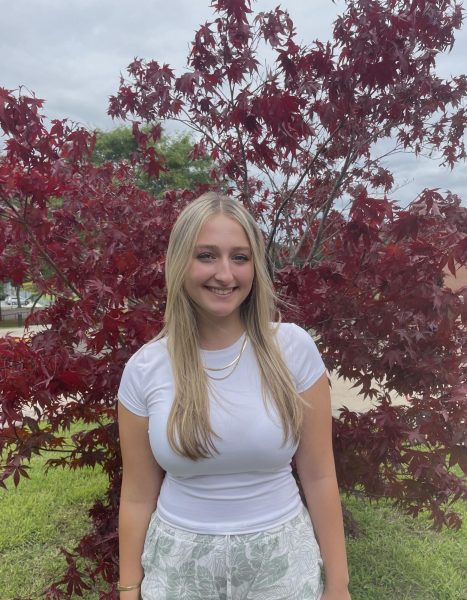As the holiday season approaches, spending money on things that may not hold real significance is extremely easy. But instead of splurging and draining your bank account, what can you do to resist unnecessary purchases? No Spend November isn’t just a financial pause, it’s an opportunity to reset spending habits, embrace mindfulness, and rediscover the value of items already owned.
It might seem like No Spend November is just about saying “no” to the things you love, but that couldn’t be further from the truth. This tradition is designed to help reset the mindset of spending and focus on making the most of everyday life. By cutting back and tracking spending and purchases made, the ability to pursue a more mindful lifestyle filled with creativity, energy-saving experiences, self-care, and deeper connections with people will become stronger.
Senior Maranda Perez states, “If you spend your money every day you can become broke, and saving actually prepares you for the real world.”
Perez has a jar filled with spare cash that she has been saving and plans on investing. She believes that it is very important to have some money put to the side in case of emergencies and special occasions.
Now, the real question is, how does one succeed at a whole month of limited spending? It starts with practical strategies like setting goals, creating realistic budgets, and planning meals. Free activities like hiking, local events, or cozy nights can replace expensive outings. To start, looking through already-owned things can rediscover forgotten treasures and challenge yourself to use the things already owned instead of buying more unnecessary items.
Another way to save money is to start with setting a budget.
Business teacher Mr. Burgess adds, “Starting a budget will highlight the small purchases you make. This will allow you to start planning categories that you can spend less money on.”
The idea is that after a month of mindful saving, you’ll not only have more money in your bank account but will also develop long-term habits that can lead to better financial choices.
Business teacher, Mr. Blude shares more about the importance of having savings accounts, “ It’s important because it allows you to keep savings funds separate from funds in the checking account where you pay bills from. This helps to reduce the temptation of spending that money.”
It may be hard to save money, when the opportunity to go out and buy things is easy and accessible, however, the importance of saving money early helps develop good money management skills. Being able to save regularly teaches you the value of budgeting and avoiding unnecessary spending, which is later beneficial for the rest of life.


